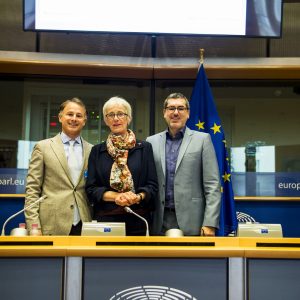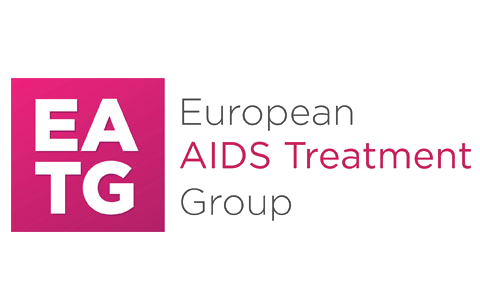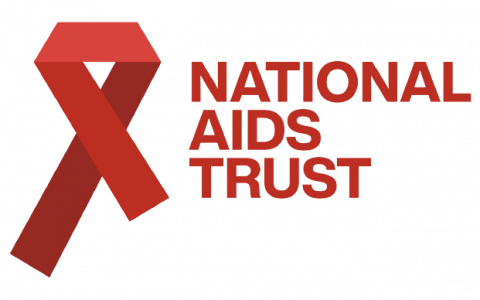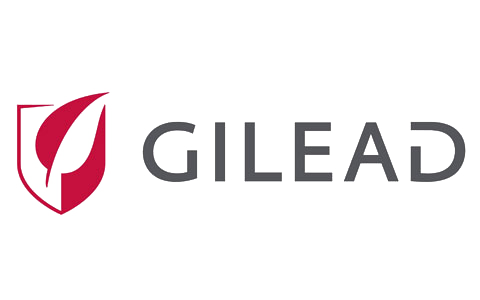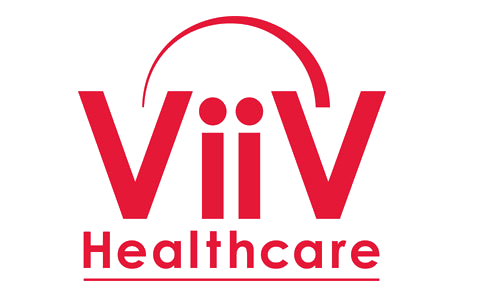HIV Outcomes: Launch of Policy Recommendations
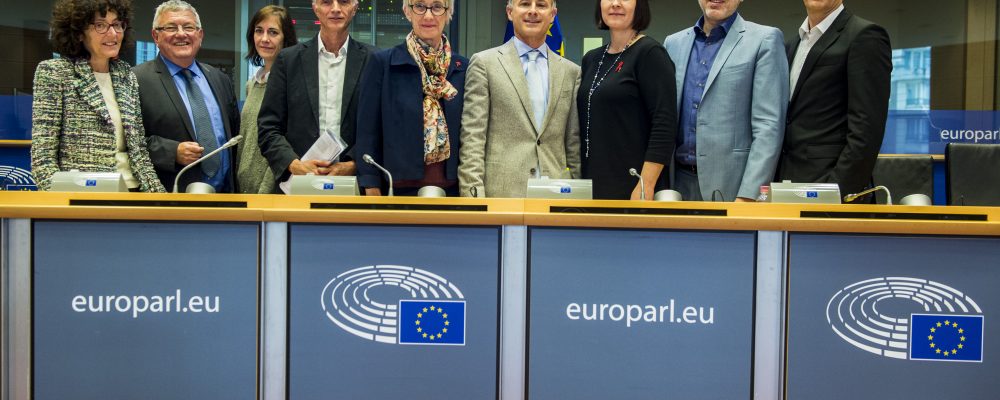
Event Details
| Date / Time | 29 November |
| Venue | European Parliament, Room JAN 2Q2, Brussels Map |
Event Report
The nature of the HIV epidemic has changed. As a result of advances in antiretroviral therapy (ART), HIV need no longer be a fatal disease. For people living with HIV (PLHIV) who are diagnosed early and receive effective ART to suppress viral replication, HIV has become a chronic condition, with lifespans approaching those of the general population. However, a long life expectancy is not the same as living in good health and with a good quality of life. The evidence is that for many PLHIV this is currently not the case.
- A new perspective is required that recognises HIV to be a long-term condition, but one which poses very specific health and well-being challenges. These challenges include but are not limited to:
- an increased risk of developing a range of other health conditions (comorbidities);
- reduced quality of life due to the impact of long-term treatment, drug side effects, and multiple comorbidities;
- stigma and discrimination, both within the health system and outside of it, which can in turn result in mental health comorbidity, social isolation and loneliness.
European health systems need to develop effective, lifelong approaches to the treatment and care of PLHIV. The recommendations in this booklet aim to inform and inspire the development and adoption of such new approaches and policies. In some health systems, action is already being taken in the directions outlined by the recommendations. However, further work is needed to upscale, coordinate and mainstream those actions. Best practices should be shared and disseminated not only among HIV specialists, but also to contribute to wider debates about the management of complex conditions.
The content of the recommendations, which should be reflected in any future national and European-level HIV strategies, aim to complement other initiatives focusing on HIV prevention, diagnosis, and universal access to treatment and care, where significant efforts are still needed in many European countries.
Particular attention should be given to the needs of key populations. These are vulnerable or most-at-risk groups that may face specific challenges requiring targeted responses from policy makers and care providers. This includes action in relation to undocumented migrants, who in many European countries do not have guaranteed access to healthcare, and may face cultural or linguistic barriers, as well as long-term health challenges resulting from compromised adherence and ART toxicities.











